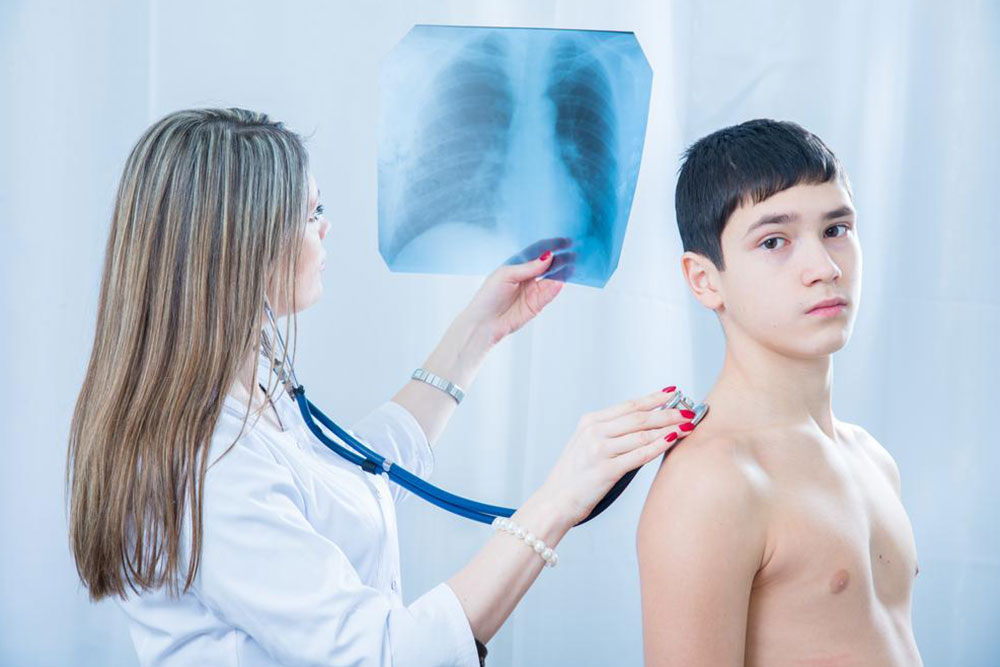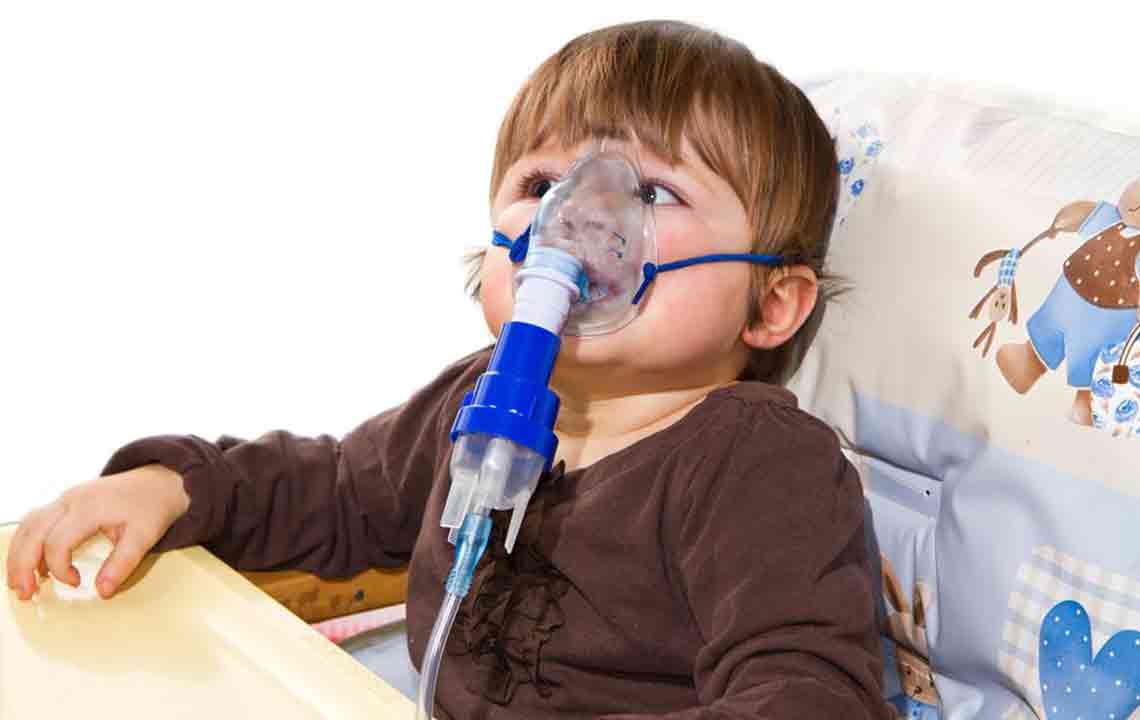Understanding Pneumonia: Symptoms, Risk Factors, and Preventive Measures
Pneumonia is a common lung infection affecting all ages. Recognizing symptoms like cough, fever, and chest pain is crucial for timely treatment. Preventive measures include vaccinations, good hygiene, and quitting smoking. Treatment involves antibiotics and supportive care, with early intervention preventing serious complications. Maintaining a healthy lifestyle strengthens immunity against respiratory illnesses. Stay informed to protect yourself and your loved ones from pneumonia through awareness and preventive actions.

Understanding Pneumonia: Symptoms, Risk Factors, and Preventive Measures
Pneumonia is a widespread respiratory infection that can impact individuals of all ages. It occurs when the small air sacs in the lungs, known as alveoli, fill with fluid, making breathing difficult. Young children, seniors, and those with chronic health issues like asthma are particularly vulnerable. Factors such as viral respiratory infections, ongoing lung conditions, heart problems, recent surgeries, and smoking habits can elevate the risk of developing pneumonia.
Symptoms vary based on age and health, with common signs including cough, fever, chills, discolored phlegm, chest pain, shortness of breath, fatigue, and loss of appetite. Infants may appear lethargic, while elderly patients can become confused. Bacterial pneumonia often causes high fever and rapid heartbeat, whereas viral types resemble flu symptoms like dry cough and muscle aches.
Effective treatment is essential to prevent serious complications such as respiratory failure or sepsis. Pneumonia typically lasts 3 to 8 weeks and is commonly managed with antibiotics, administered orally or intravenously in hospital settings. Rest and hydration aid recovery. Prevention includes vaccination against bacterial pneumonia and influenza, proper hand hygiene, maintaining a healthy diet, avoiding smoking, and strengthening immunity through a healthy lifestyle. Smoking damages lung defenses, decreasing infection resistance, so quitting is highly recommended.
Note:
This article offers practical health insights based on current research. While informative, it should not replace professional medical advice. Readers are encouraged to consult healthcare providers for personalized diagnosis and treatment. The website cannot be held responsible for inaccuracies or differences in medical information accessed elsewhere.










